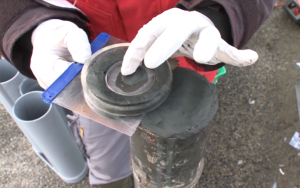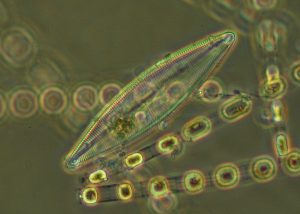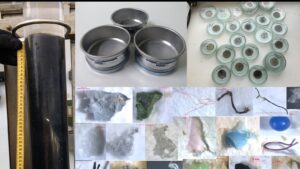
Coastal biodiversity changes assessed by sedimentary paleogenomics
In the frame of the EU BIOcean5D project, Dr Siano (Ifremer) will lead a multidisciplinary research team to assess the effect of human pollution across European coastal ecosystems over the Anthropocene period. Using sediment core bio-geochemical archives, human pollution traces will be associated with inter-site community changes, invasive species dynamics, and emergent risk for human and coastal resources.

Resurrection ecology to test for marine phytoplankton adaptation
The Sjöqvist group at Turku University will document potential evolution in marine phytoplankton across European waters to clarify the adaptation potential in key species to ongoing climate change. The field of resurrection ecology offers a “backward-in-time” approach via hatching of dormant life stages. This enables the direct quantification of phenotypes and comparison of genetic material across temporal scales.

Quantification of human influence on the marine ecosystem
Human-induced eutrophication has a profound effect on the functioning of marine ecosystems. TalTech team investigates historical anthropogenic pollution and its influence on biodiversity and the environmental status of marine ecosystems in different European marine areas. This project focuses on sediment phosphorus storage and release, as well as on deoxygenation of the seabed and bottom water layer.


